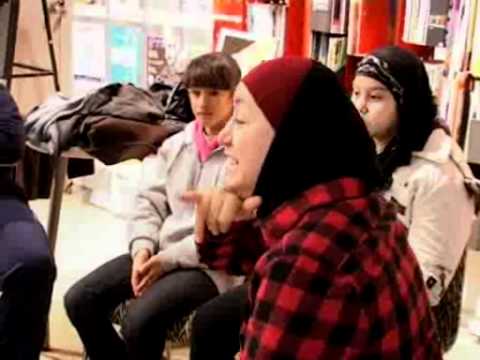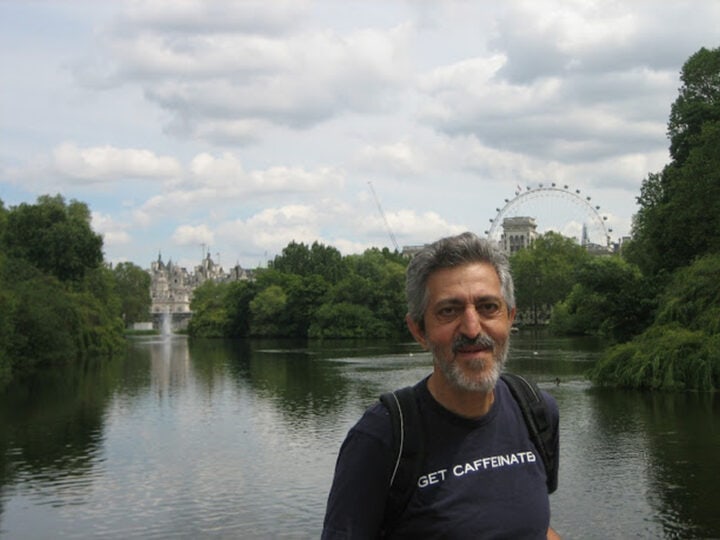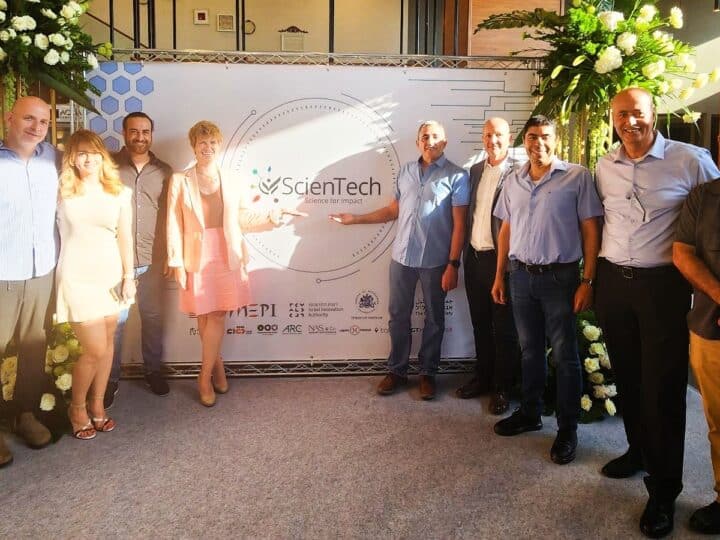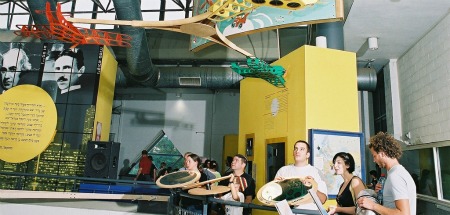
Jerusalem is getting into the “green” spirit with environmental activities from kindergarten and up. And yet, though most residents of the holy city live modestly in small apartments, with one car if any, much more can be done in terms of recycling, energy efficiency and water use.
That’s why the city’s Bloomfield Science Museum has stepped in to teach a select group of local schoolchildren how to make their city more sustainable for the future.
The museum has been teaching environmentalism and sustainability to Israeli and international visitors over the last three years, says Esthy Brezner, head of educational programs. And now about 300 pupils from several schools are involved in a Bloomfield program supported by the Jerusalem Foundation, the Green Network, the Heschel Center for Environmental Learning and other organizations.
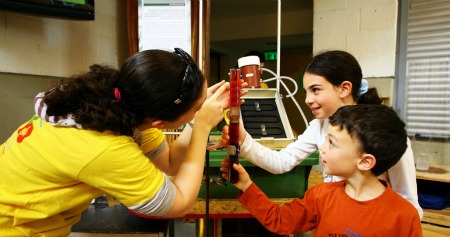
Brezner tells ISRAEL21c that after working for a number of years in New York, she is aware that Israel faces challenges in educating its residents about protecting the environment.
She helped develop a multi-visit educational seminar to train kids on the basics about their city and lifestyle. “We start with the kids and they influence the family so that they grow up with different behavior. I can fight for this because I believe in it,” she says.
Green Ambassadors
The curriculum is introduced by teachers at the participating schools in grades three to six, and then the kids meet twice at the museum to solidify what they learned in the classroom. They visit stations around the museum to learn about energy and water conservation, and they see how the museum staff saves energy in practice, for instance by keeping the windows closed in the winter.
As a policy, the museum opted out of the standard environment pavilions one can find at educational museums around the world. Instead the directors decided to show how all existing exhibitions are connected to sustainable values, with accompanying explanations and media.
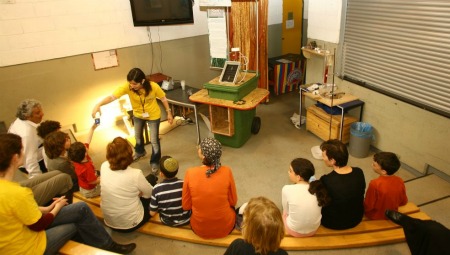
As part of the Green Ambassadors program, the kids also head over to the Hebrew University of Jerusalem to learn about the science of solar energy; tour a wastewater treatment plant; and visit a recycling center.
They then take home what they learned, and continue discussing it at school in a series of workshops developed by the teachers.
A noticeable change in attitude
While the ambassadors program is partnered only with Jewish schools, another museum project already running for several years reaches about 1,000 students annually from 12 Jewish schools and four Arab schools in Jerusalem.
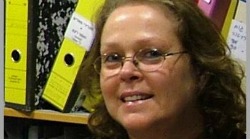
Connected to a pan-European network, the museum is also a member of an EU educational project called ACCENT that aims to raise awareness among schoolchildren of climate change issues.
The Bloomfield Science Museum also recently hosted an innovation showcase, Brezner points out, and a good percentage of these homegrown technologies on display are built around clean technologies. Gaining an understanding of the products of these clean-tech companies was a huge highlight for the ambassadors-in-training, according to Brezner.
All of these efforts make a difference.
“I see a big change in Jerusalem kids,” she says. “You see it on the walls, literally.”
A boy named Asaf, from the Szold School, said it best: “If we take care of the world, the world will take care of us.”




